How do I Help the Kids to Start Writing?! 5 Lessons Ideas for the Writing Workshop (Day 1)
You’ve set up a good writing space, have your supplies – pencils, journals, resource materials. Now what?!! This is the first in a series of 5 posts with lesson ideas to help young writers get started on their writing journey.
Introduction: Writing Workshop Mini-Lessons
I have spent a lot of time writing about why we use a writing workshop, how we set up and structure our writing workshop, and even went into detail about our routine and the resources we have on hand. Setting up a space & routine for writing is nice and all that, but what do we actually DO?! What do I SAY? How do I get them to WRITE?
I wanted to share what happened on that first, second, and third day of our “writing workshop” to get the kids actually thinking and writing.
I know when I first starting on this journey, I wanted to know, “What do I do today to start them on that path?” I knew what I wanted the end-product to look like (the kids happily picking up a pencil, opening their journals, and writing), but I didn’t know how to help them become comfortable… how to help them overcome self-doubt… how to let them take ownership of their writing (without my handing them an assignment or telling them what to write).
When I first started our writing workshop, I used mentor texts, well-written books that I selected to help make a point. I hope you find these lesson ideas useful as you explore writing with your own children.
Here are some of our first mini-lesson topics. I used mentor texts and picked them apart to help the kids see some of the elements that make for good writing.
In this series I’ll go into more detail on each one:
- What makes a good book or story?
- Make your story come alive with details and description.
- Creating Interesting Characters
- Story Openings: Set the mood or feeling of your story
- Gathering story ideas from your own life
- Alliteration and more
These happens to be some of our first lessons, but there’s no reason you couldn’t start with lesson 5 instead of lesson 1 or 2.
The first six months when we were first beginning our writing workshop adventures, I used children’s literature a lot as a springboard for discussion and analysis of good writing.
In the lesson below (and to follow), I re-created a dialogue of questions I asked the kids to guide our discussions.
Writing Workshop: Day One, Thinking About Good Writing
Discussion with the Kids:
What do you need to create a good book or story?
My kids came up with…pencil, mind, knowledge, imagination, period, punctuation, letters or words
I wrote all of their ideas on a piece of paper.
Those are great ideas. Today we’re going to read Jumanji.* It won a prestigious award called the Caldecott Metal. I want you to think about why this story might have won that award.
After we read the book:
Now after reading the book, do you have any other ideas we should jot down about what makes for a good story? [excitement, tension, suspense, descriptive scenes…]
What was Jumanji about? What details made this book exciting? Let’s look at the book again… what details made the book come alive in your mind?
My kids talked about the monkeys crashing and pulling everything off the shelves. DD said, “I could hear everything crashing.” LD said that he could really imagine all that smoke.
*You could use any book that you have on hand. My kids really loved the story and we read it several more times that week.
Independent Writing:
When you go off to write today, you might think about making your story exciting and creating a lot of suspense, but of course you can write anything you want.
Sharing our Writing:
My kids were 5, 7, and 9 when we started using this writing workshop model. We set the timer for 10 minutes. We all wrote during that time (including me). Then I asked if anyone wanted to share what they had written. We listened to each other’s stories and made a few (positive) comments only about the content. For the first several months we/I made no comments about spelling, grammar, style or anything. My main goal was to get the writing, writing, writing!
Writing Workshop Mini-Lesson 1 What makes for a good story or book?
Do you want to learn more about starting your own Homeschool Writing Workshop? Here are some related posts:
- Creating a Homeschool Writing Workshop – Post #1 — How/Why we needed a change in our writing program
- Creating a Homeschool Writing Workshop – Post #2: Creating a Writing Workshop Area and Materials to Have on Hand
- Creating a Writing Workshop Post #3: This post is about Mini-Lessons during writing time, mentor texts and includes reviews of 8 or 9 writing books that you might find helpful.
- Writing Resource Pack: This is a post about the 30-page pack I made for our writing workshop. Reference pages on the 6 +1 Wri ting Traits, Mini-Lessons, the types of writing, creating a powerful beginning, techniques for ending a story/paper, and so forth. (These writing resources are free to download.)
- Writing Workshop: Dr. Seuss Style: The kids and I had fun writing in the style of Dr. Seuss!
- Biography Research Paper Resource Pack
- Practical Pointers for Working with a Reluctant Writer (or any Writer)
- Writing Activity to Spark Kids’ Imagination!
- 40 Journal Writing Prompts (Free Printable)
- Animal Portfolio Project: writing, art and geography activities that go with any animals… With many activities to choose from. Writing activities include both fiction and non-fiction suggestions such as
- Write a speech or a letter to the president on why your animal needs protection in the wild.
- Menu: Create a humorous menu at a restaurant where your animals would like to eat.
- WWII Portfolio Project
- Writing Workshop Rules! Why the Writing Workshop continues to work so well in our homeschool.
Mini-Lessons to Use in a Writing Workshop (in any order):
- Writing Workshop Mini-Lesson: Rules for Writing and the Story Writing Process — Have your kids read the Plot Chicken? We started our Writing Workshop this year off with this book. What a great buk, buk!! In fact, I liked it so much that I created a chicken writing rules printable to go along with the book!
- What makes a good book or story?
- Make your story come alive with details and description.
- Creating Interesting Characters
- Story Openings: Set the mood or feeling of your story
- Gathering story ideas from your own life
- Alliteration and more
- Adding Details Exercise Don’t miss this one, the kids LOVED this activity!!
- Writing Workshop: Conflict in Literature (Man vs. Man, Man vs. Self, etc)
- Writing Workshop Discussion Questions
- Writing Workshop Mini-Lesson: Rules for Writing and the Story Writing Process
- Writing Scary Stories
- Writing: Literacy Depth and Complexity Icons and More
Come visit us at the Homeschool Den Facebook Page! Don’t forget to Subscribe to our Homeschool Den Newsletter! ~Liesl
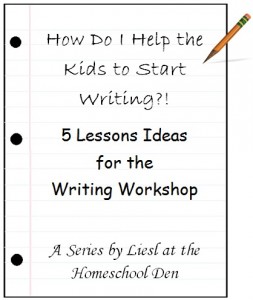
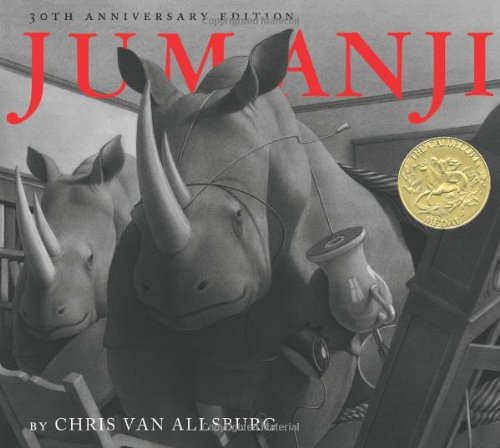
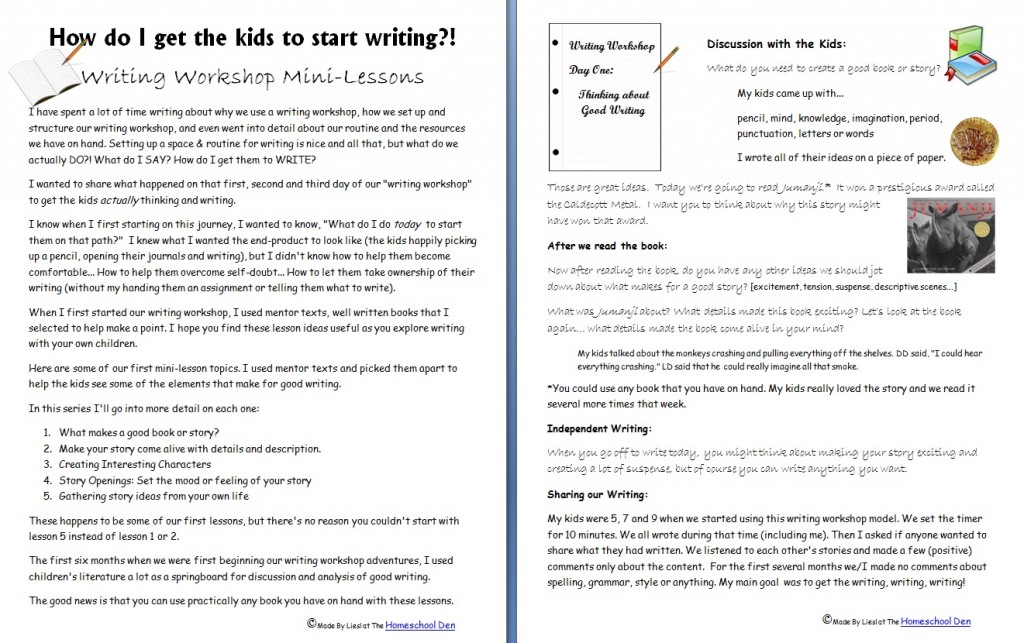
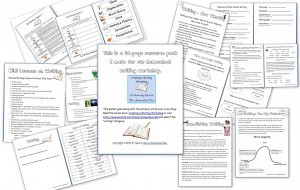
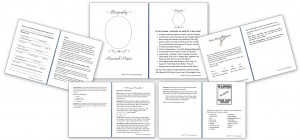
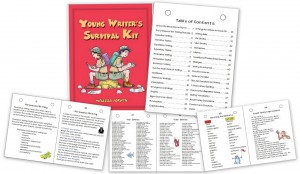
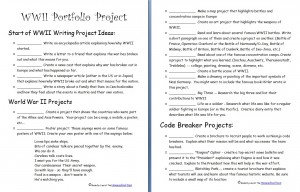
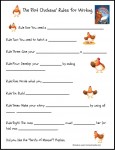
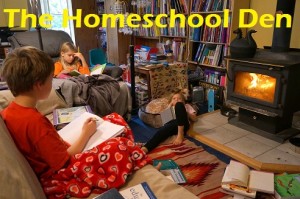

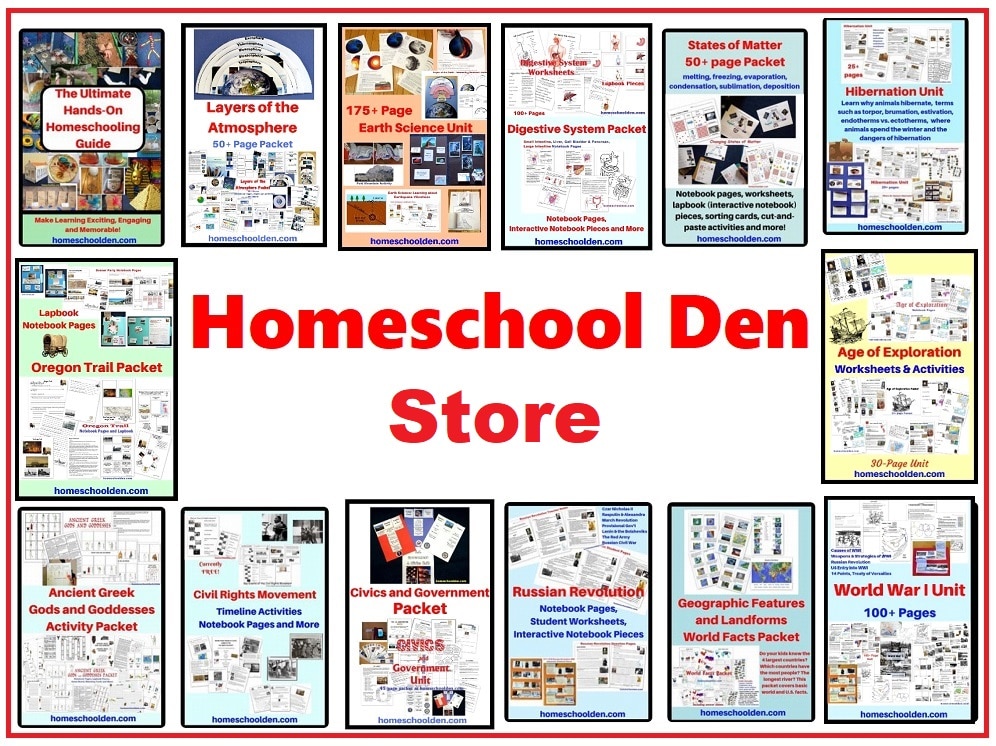
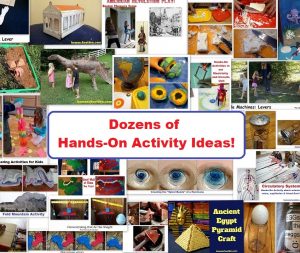


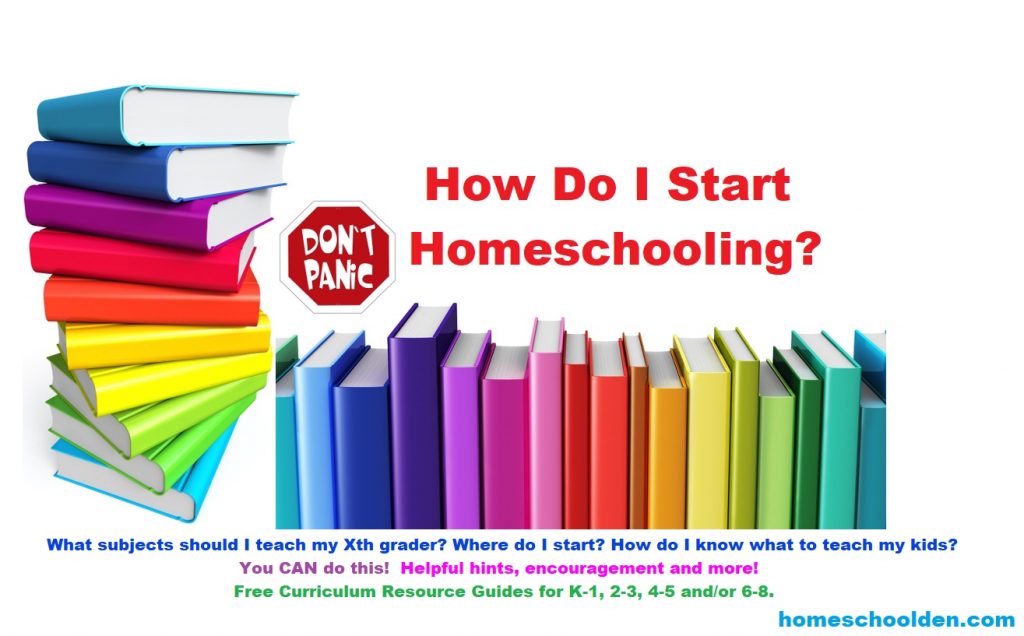
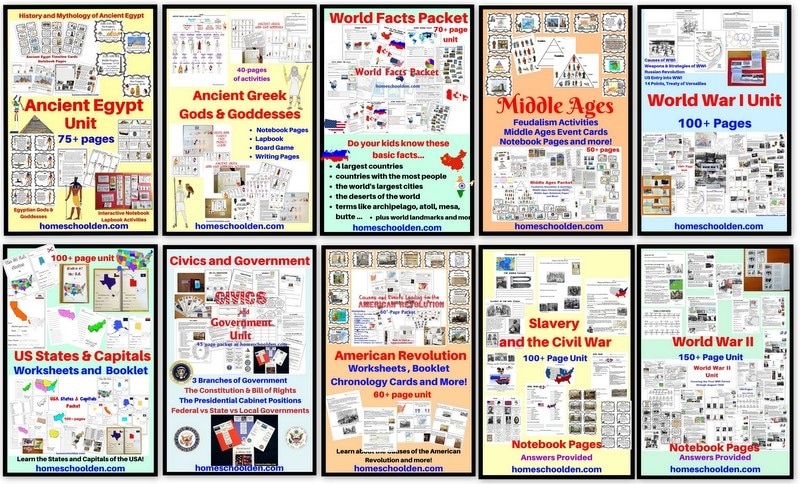
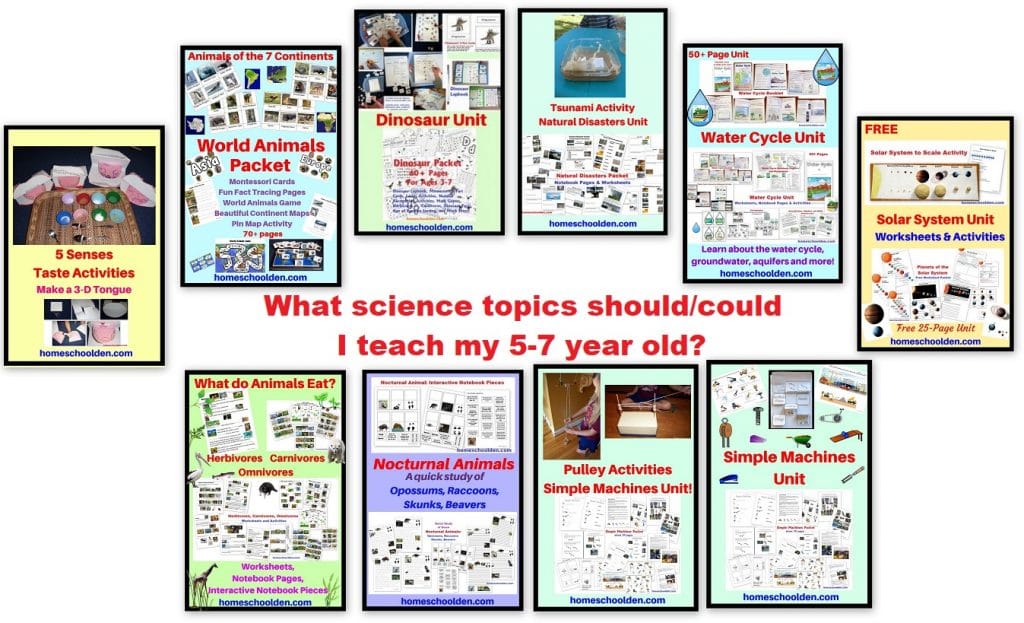

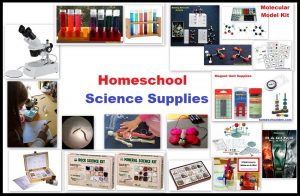
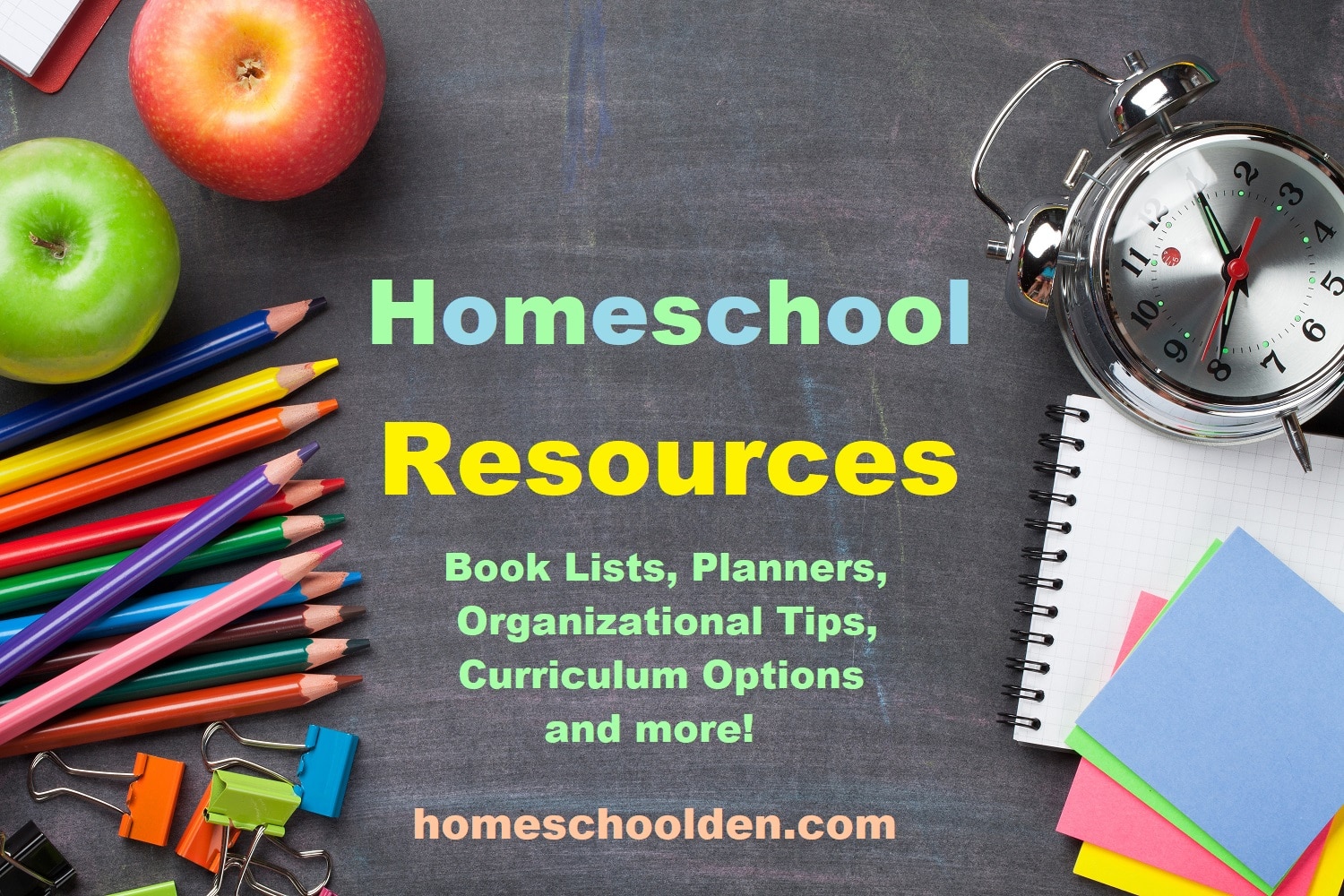

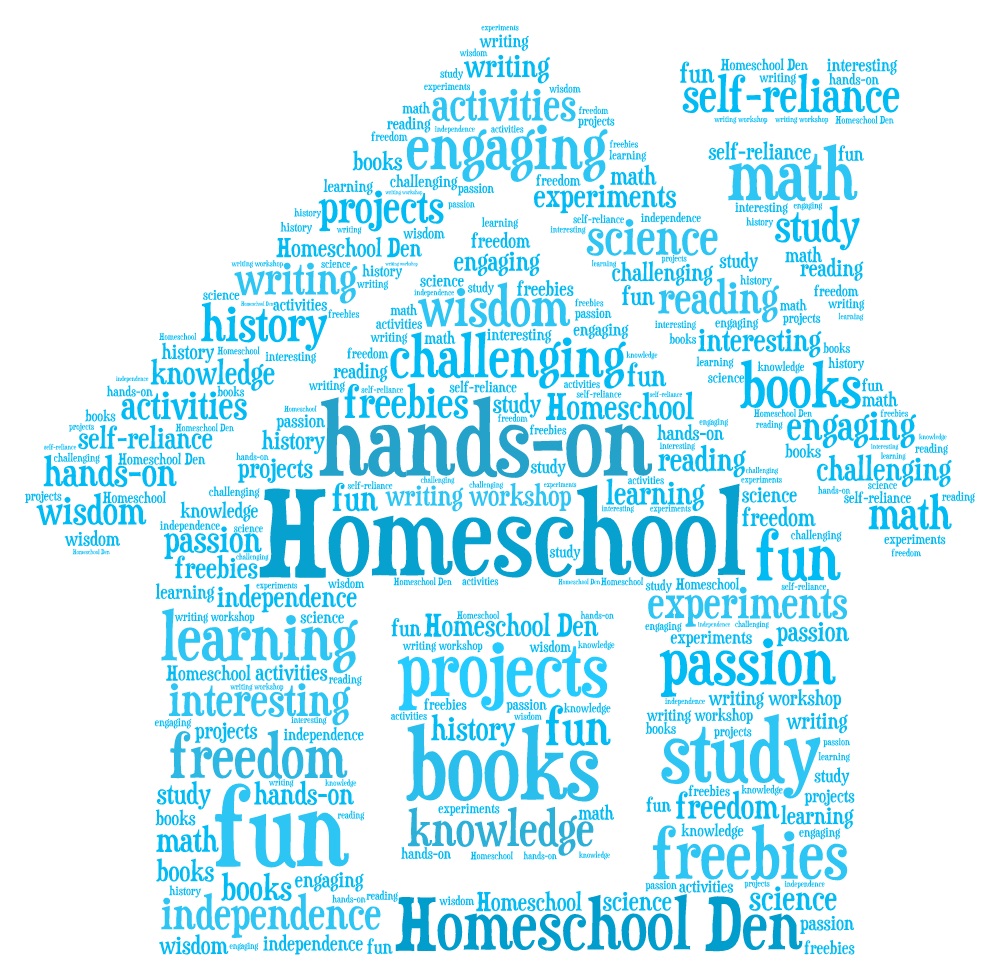

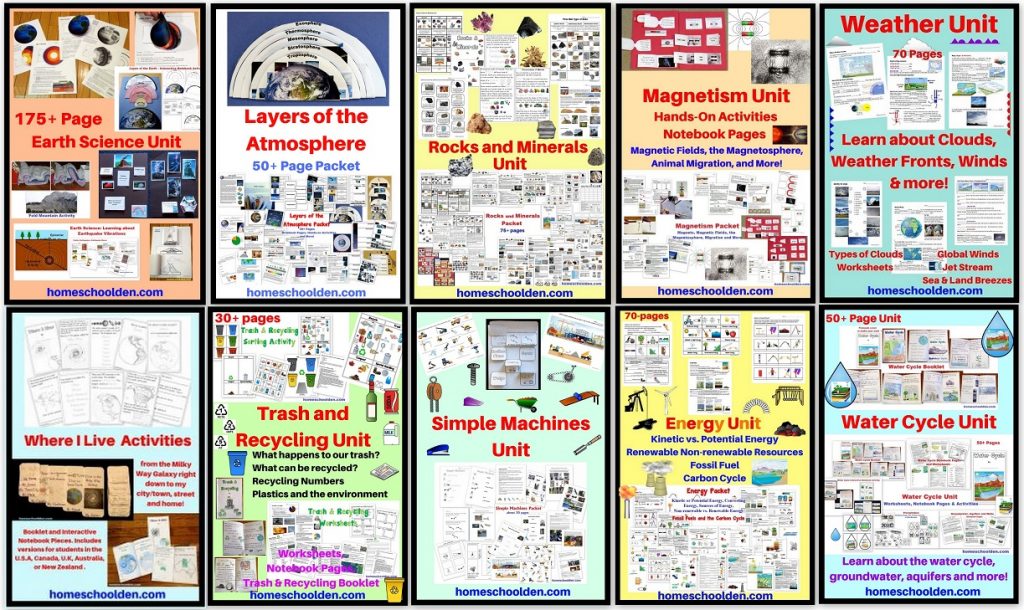
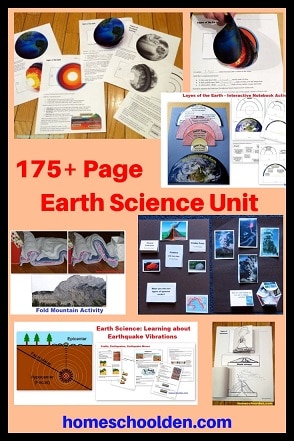
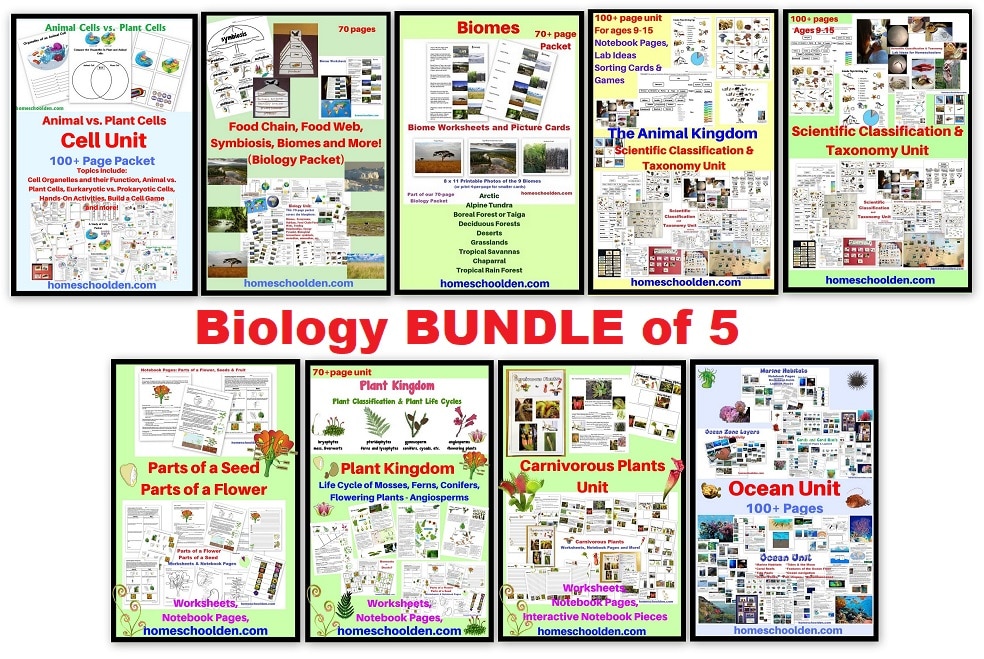
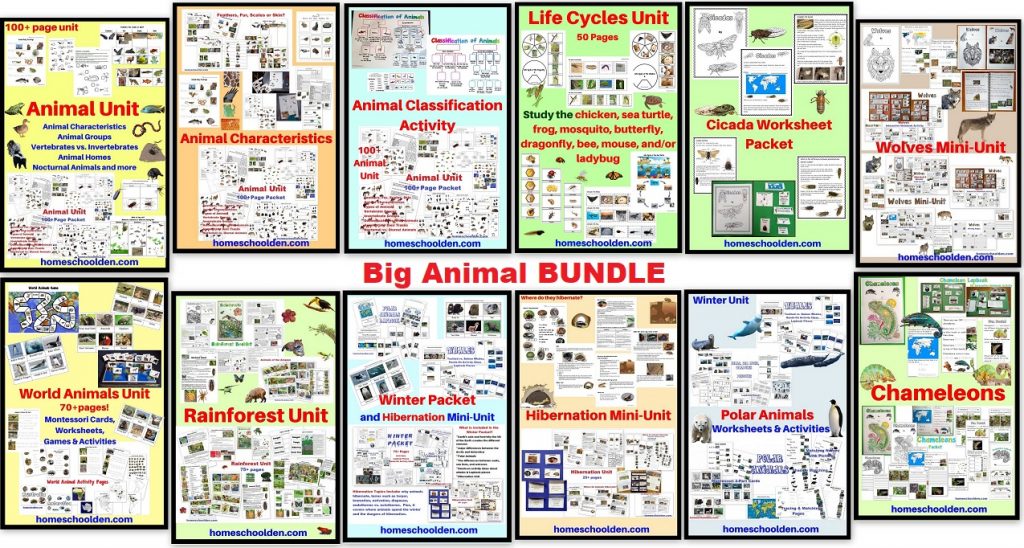
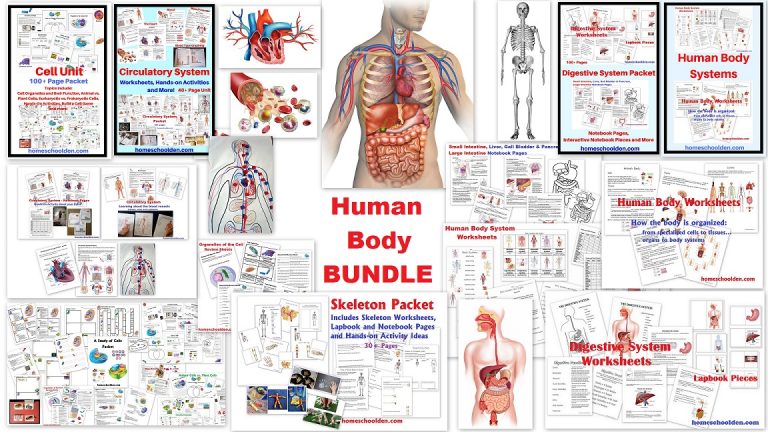



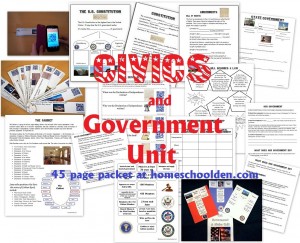
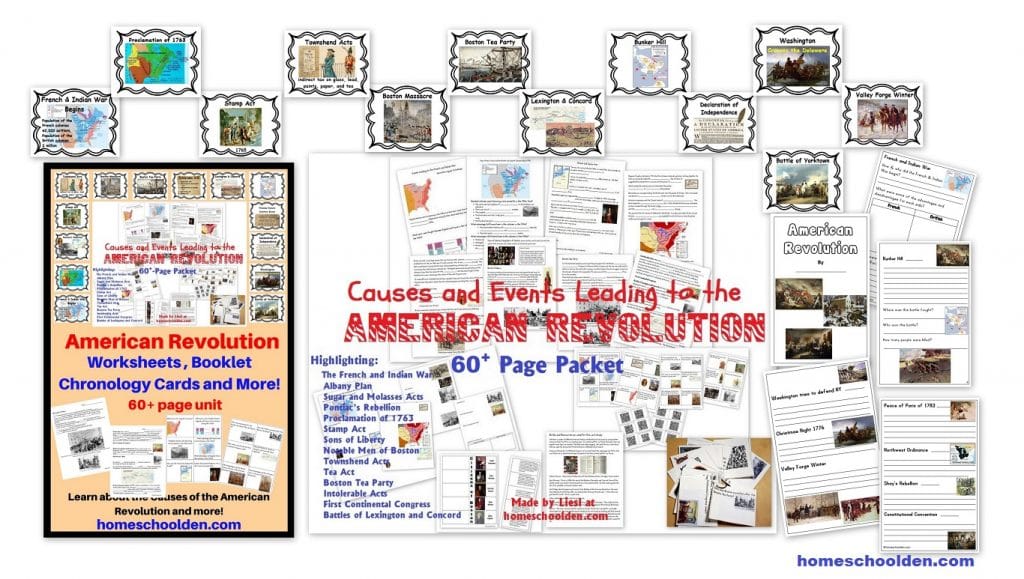
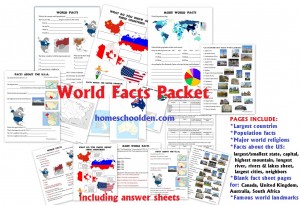
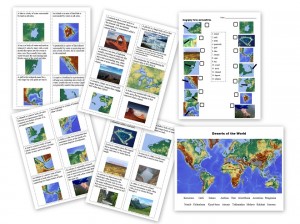
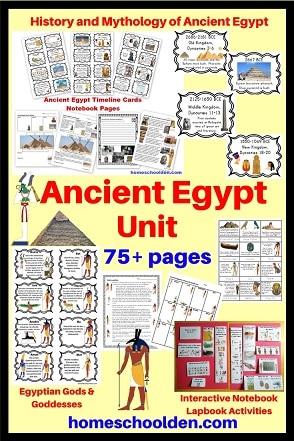
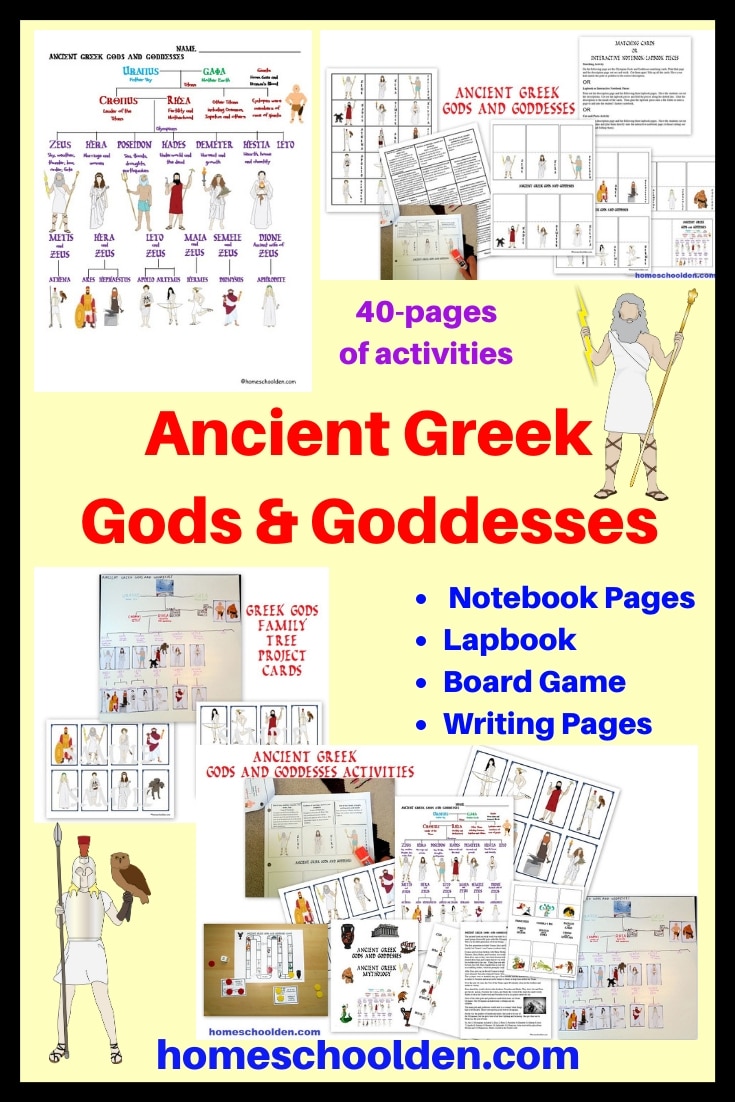


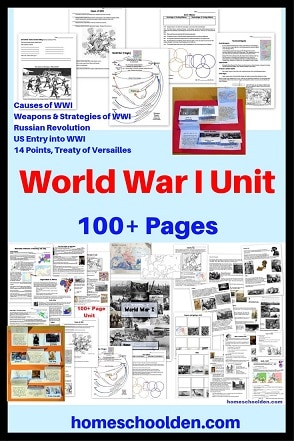
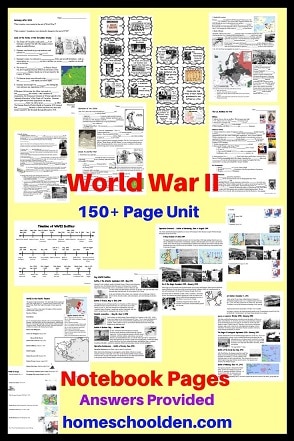
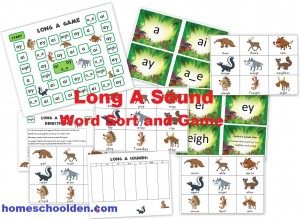
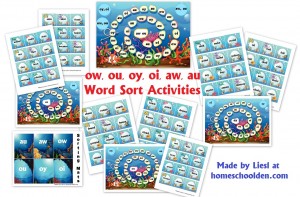
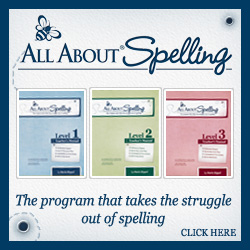
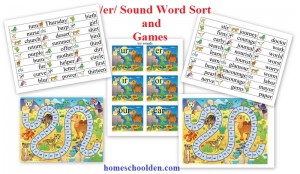
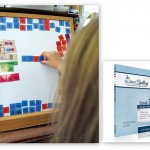
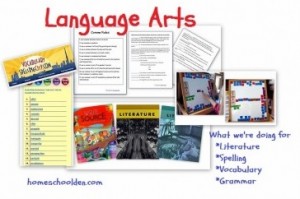
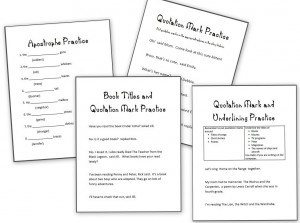
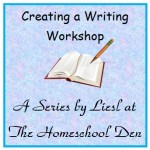
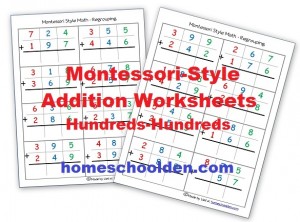
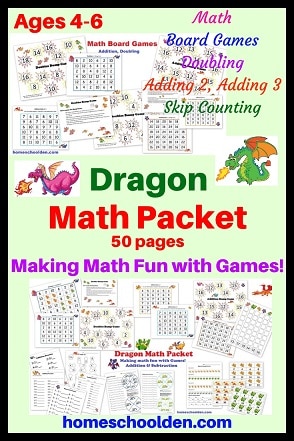
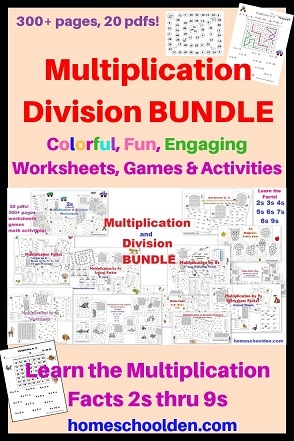
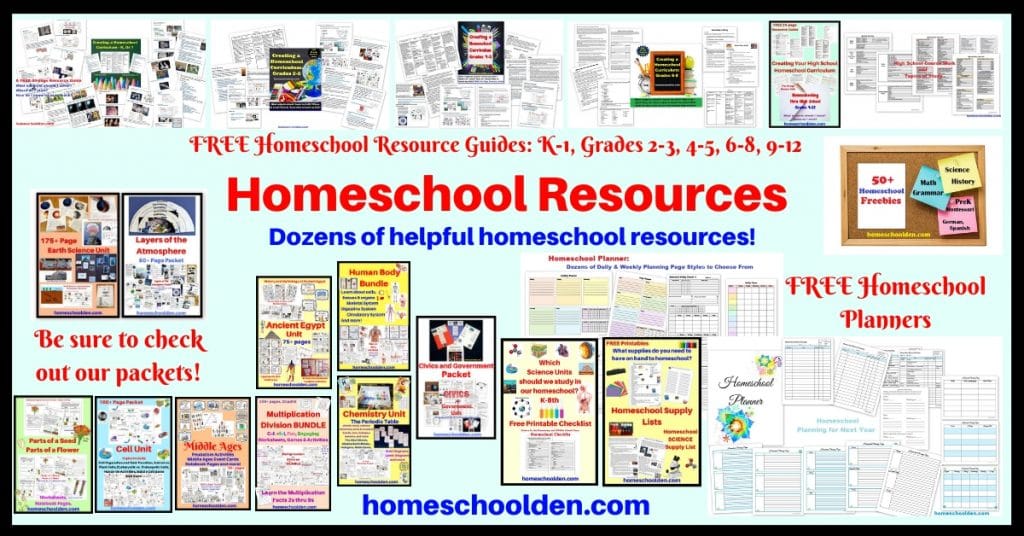
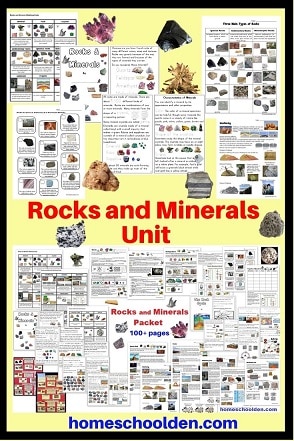
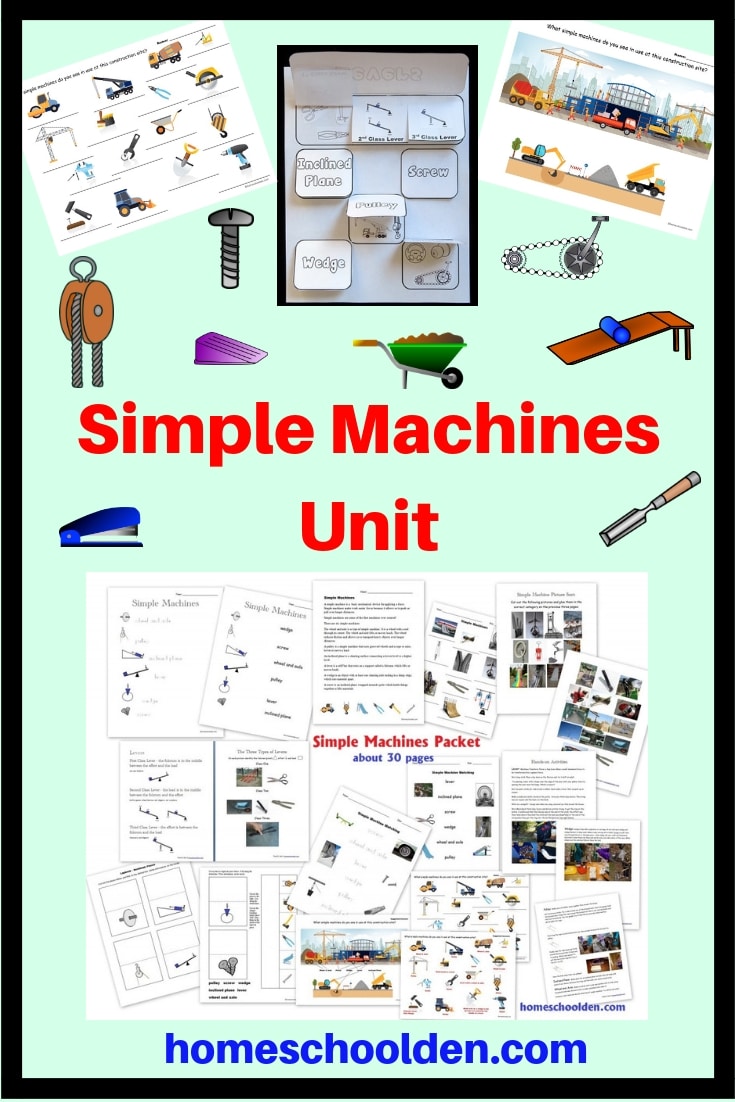
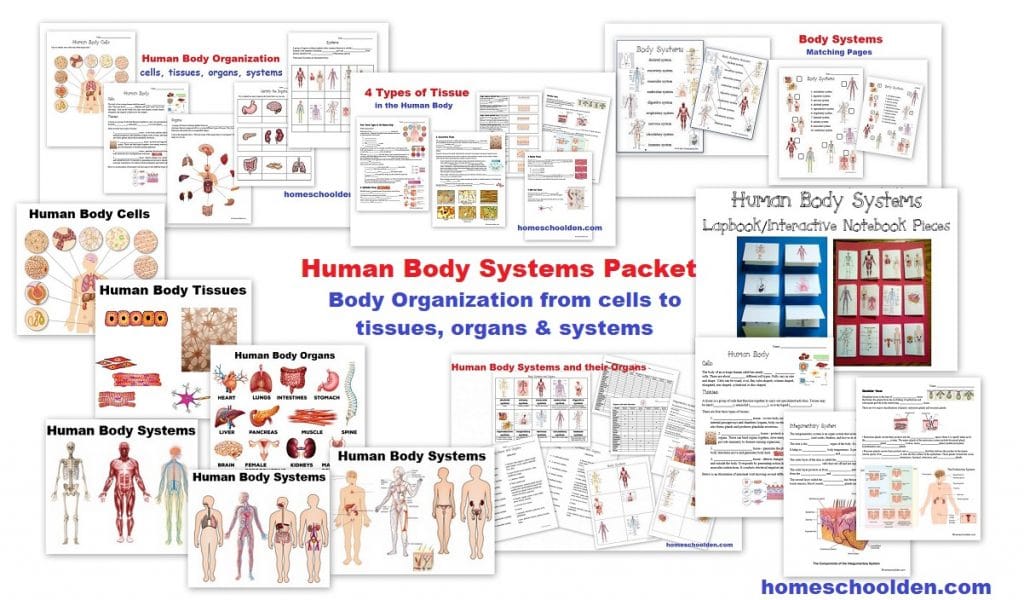
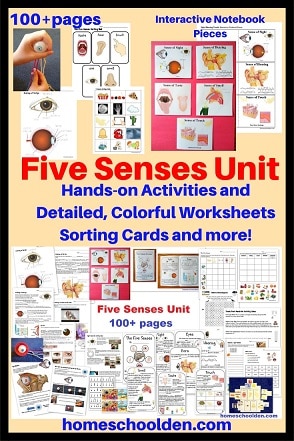
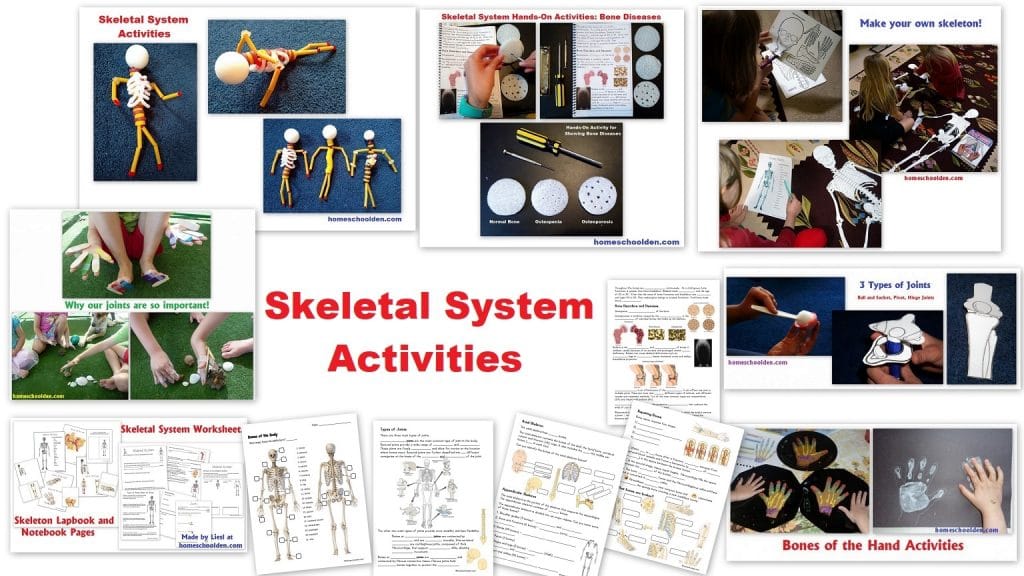
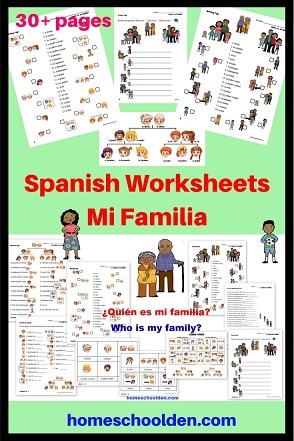
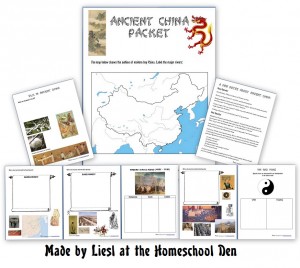
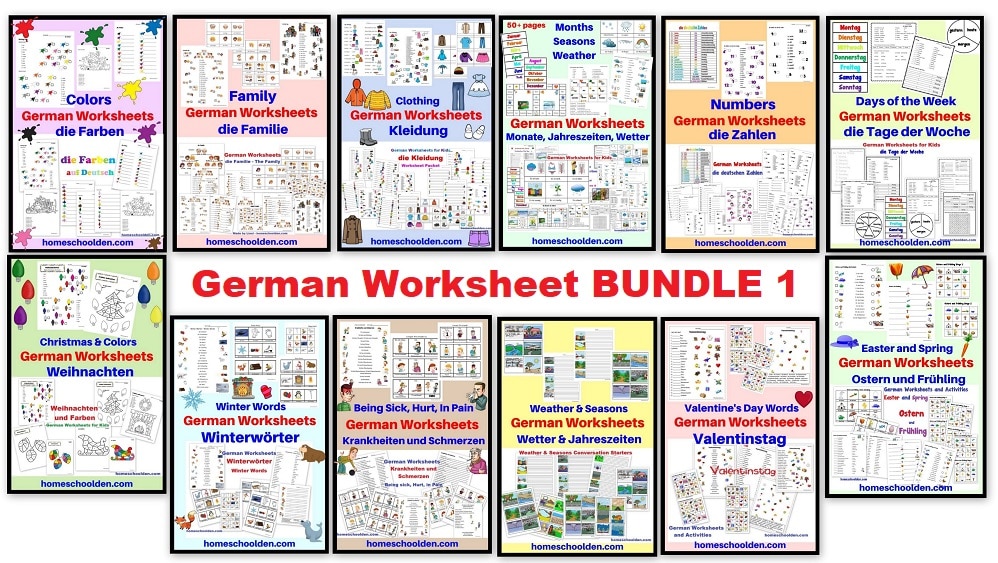
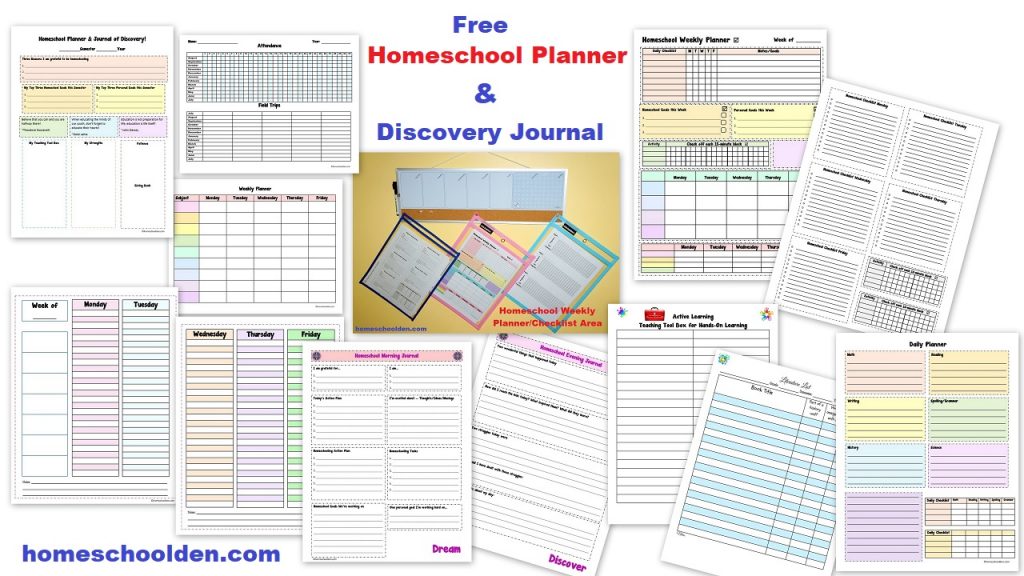
37 Responses
[…] You’ve set up a good writing space, have your supplies – pencils, journals, resource materials. Now what?!! This is the second in a series of 5 posts with lesson ideas to help young writers get started on their writing journey. Be sure to read the introduction to this series in last Monday’s post, Day 1. […]
[…] You’ve set up a good writing space, have your supplies – pencils, journals, resource materials. Now what?!! This is the second in a series of 5 posts with lesson ideas to help young writers get started on their writing journey. Be sure to read the introduction to this series in last Monday’s post, Day 1. […]
[…] You’ve set up a good writing space, have your supplies – pencils, journals, resource materials. Now what?!! This is the second in a series of 5 posts with lesson ideas to help young writers get started on their writing journey. Be sure to read the introduction to this series in last Monday’s post, Day 1. […]
[…] You’ve set up a good writing space, have your supplies – pencils, journals, resource materials. Now what?!! This is the second in a series of 5 posts with lesson ideas to help young writers get started on their writing journey. Be sure to read the introduction to this series in last Monday’s post, Day 1. […]
[…] You’ve set up a good writing space, have your supplies – pencils, journals, resource materials. Now what?!! This is the second in a series of 5 posts with lesson ideas to help young writers get started on their writing journey. Be sure to read the introduction to this series in last Monday’s post, Day 1. […]
[…] You’ve set up a good writing space, have your supplies – pencils, journals, resource materials. Now what?!! This is the second in a series of 5 posts with lesson ideas to help young writers get started on their writing journey. Be sure to read the introduction to this series in last Monday’s post, Day 1. […]
[…] You’ve set up a good writing space, have your supplies – pencils, journals, resource materials. Now what?!! This is the second in a series of 5 posts with lesson ideas to help young writers get started on their writing journey. Be sure to read the introduction to this series in last Monday’s post, Day 1. […]
[…] You’ve set up a good writing space, have your supplies – pencils, journals, resource materials. Now what?!! This is the second in a series of 5 posts with lesson ideas to help young writers get started on their writing journey. Be sure to read the introduction to this series in How Do I Help the Kids to Start Writing?! Day 1. […]
[…] You’ve set up a good writing space, have your supplies – pencils, journals, resource materials. Now what?!! This is the second in a series of 5 posts with lesson ideas to help young writers get started on their writing journey. Be sure to read the introduction to this series in How Do I Help the Kids to Start Writing?! Day 1. […]
[…] You’ve set up a good writing space, have your supplies – pencils, journals, resource materials. Now what?!! This is the second in a series of 5 posts with lesson ideas to help young writers get started on their writing journey. Be sure to read the introduction to this series in How Do I Help the Kids to Start Writing?! Day 1. […]
[…] How Do I Help the Kids Start Writing?! 5 Lesson Ideas […]
[…] How Do I Help the Kids Start Writing?! 5 Lesson Ideas […]
[…] How Do I Help the Kids Start Writing?! 5 Lesson Ideas […]
[…] What makes a good book or story? […]
[…] What makes a good book or story? […]
[…] What makes a good book or story? […]
[…] What makes a good book or story? […]
[…] What makes a good book or story? […]
[…] What makes a good book or story? […]
[…] What makes a good book or story? […]
[…] What makes a good book or story? […]
[…] What makes a good book or story? […]
[…] How Do I Help the Kids Start Writing?! 5 Lesson Ideas […]
[…] How Do I Help the Kids Start Writing?! 5 Lesson Ideas […]
[…] How Do I Help the Kids Start Writing?! 5 Lesson Ideas […]
[…] have to do with cats or dogs. I’ve written quite a bit about how and why we started using a writing workshop approach. This worked so well, I’m now busy creating an entire semester’s worth of lessons for […]
[…] have to do with cats or dogs. I’ve written quite a bit about how and why we started using a writing workshop approach. This worked so well, I’m now busy creating an entire semester’s worth of lessons for […]
[…] have to do with cats or dogs. I’ve written quite a bit about how and why we started using a writing workshop approach. This worked so well, I’m now busy creating an entire semester’s worth of lessons for […]
[…] What makes a good book or story? […]
[…] What makes a good book or story? […]
[…] What makes a good book or story? […]
[…] What makes a good book or story? […]
[…] What makes a good book or story? […]
[…] What makes a good book or story? […]
[…] Day 1: What makes a good book or story? […]
[…] Day 1: What makes a good book or story? […]
[…] Day 1: What makes a good book or story? […]